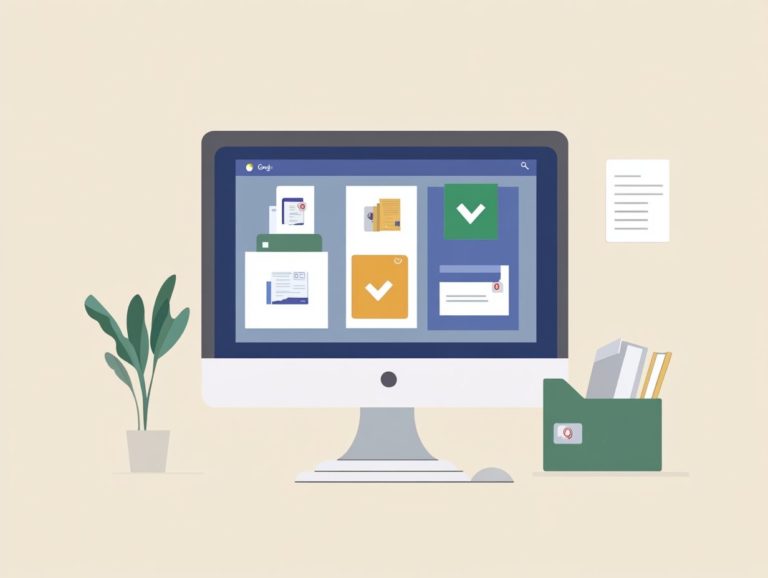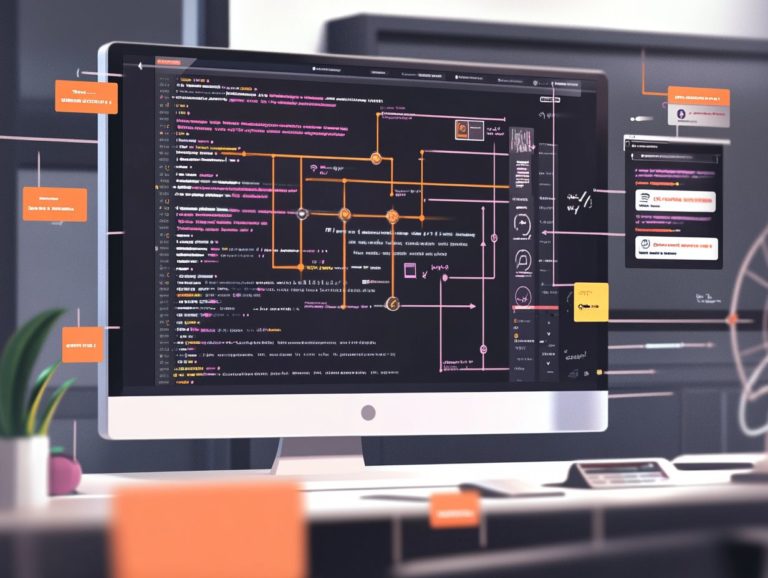1. 10 best project management tools with integration features
In a busy work environment, choosing the right project management tool can change everything.
With many options at your fingertips, it’s essential to identify platforms that streamline tasks and integrate effortlessly with the tools your team already relies on.
This article delves into the ten best project management tools, each offering robust integration features. You’ll learn about the significance of these integrations, their impact on collaboration and productivity, and valuable tips for choosing the ideal tool for your business.
Discover how these tools can supercharge your team’s efficiency today!
Contents
- Key Takeaways:
- 1. Trello
- 2. Asana
- 3. Basecamp
- 4. Monday.com
- 5. Wrike
- 6. ClickUp
- 7. Teamwork
- 8. Airtable
- 9. Jira
- 10. Notion
- What Are Integration Features and Why Are They Important?
- What Are the Most Common Integration Features in Project Management Tools?
- How Can Integration Features Improve Team Collaboration and Productivity?
- What Are the Potential Challenges of Using Project Management Tools with Integration Features?
- Which Project Management Tools Have the Best Integration Features?
- How Can a Business Choose the Right Project Management Tool with Integration Features?
- Frequently Asked Questions
- Q1: What are the top 10 project management tools with integration features?
- Q2: What is the benefit of using project management tools with integration features?
- Q3: Can these project management tools be integrated with other software?
- Q4: Are these tools suitable for both small and large teams?
- Q5: Do these tools offer real-time updates and notifications?
- Q6: Are these tools user-friendly and easy to navigate?
Key Takeaways:
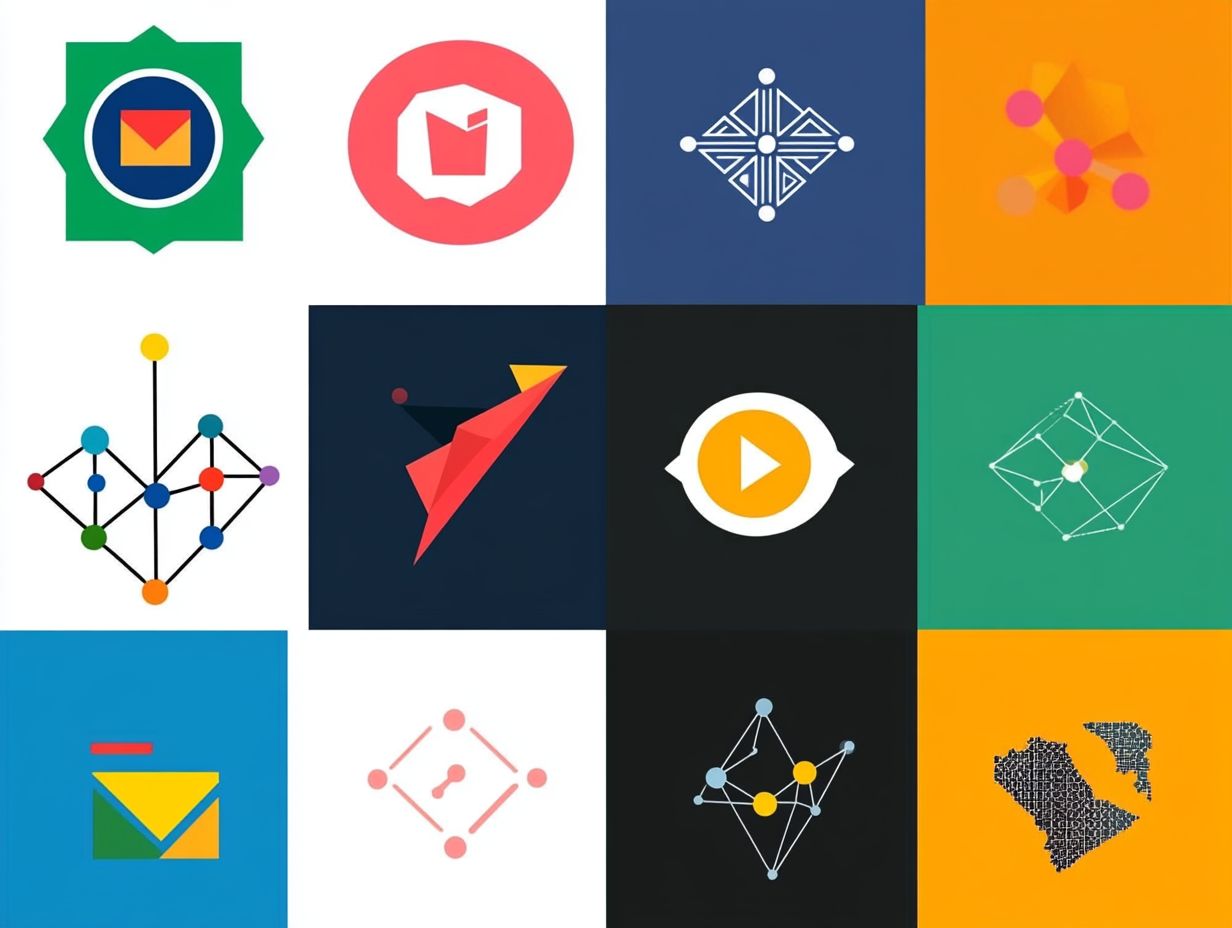
Improve collaboration and productivity with integration features in project management tools. Common integration features include task automation, file sharing, and communication tools. Consider exploring project management solutions with powerful integrations to choose a tool that best suits your team’s needs and supports your business goals.
1. Trello
Trello truly shines as a user-friendly project management tool, offering an interface that is both simple and powerful.
It enables your team to manage tasks efficiently while fostering collaboration through its visually appealing board layouts.
You can create customizable boards tailored to your various projects. Each board can house cards assigned to different team members. This streamlined organization allows you to easily track progress and prioritize workloads.
Collaboration features, such as comment sections and file attachments on cards, keep everyone in the loop and engaged.
Trello excels in automation. You can set up rules to handle repetitive tasks, freeing up your time for more critical work.
Plus, its ability to work with popular third-party apps enhances project tracking and team coordination, making it a versatile solution that adapts seamlessly to your workflows.
2. Asana
Asana is a powerful project management platform designed to enhance workflow automation and team collaboration.
With many useful features, such as Gantt charts, which are visual timelines for project planning, and customizable dashboards, you can visualize timelines and track progress in real time.
By creating tailored views, every team member can clearly see their responsibilities, minimizing confusion and aligning efforts toward shared goals.
Integrating with popular applications like Slack and Google Drive enhances team communication, allowing for easy file sharing and instant updates.
This not only encourages collaboration but also ensures that project outcomes are achieved efficiently, keeping everyone connected throughout the project.
3. Basecamp
Basecamp stands out as a highly regarded project management tool that emphasizes team communication and transparency.
This makes it an excellent choice for managing client relationships and efficiently tracking projects.
Its message boards act as a centralized hub for discussion, enabling you and your team to share updates and ideas effortlessly. This fosters collaboration.
Task dependencies simplify workflows by clarifying which tasks need to be completed before others. This ensures everyone is well aware of their responsibilities within the project timeline.
Comprehensive reports offer valuable insights into your team’s performance and project progress, giving you the power to make informed decisions.
By promoting open dialogue and clearly defined tasks, this platform cultivates accountability and engagement among all participants, allowing everyone to take ownership of their roles throughout the project lifecycle.
Start exploring these tools now to elevate your project management game!
4. Monday.com
Monday.com is a versatile project management tool. It scales impressively and helps you manage resources effectively while adapting to changing project demands.
With its visually captivating project tracking capabilities, you can effortlessly monitor progress through intuitive dashboards that provide clear visibility into the status of each task.
This platform elevates automation for repetitive tasks, streamlining your workflows and saving you precious time. Its user-friendly interface ensures that all team members can collaborate seamlessly across various projects.
By promoting real-time communication and transparency, Monday.com significantly enhances workflow efficiency. It becomes an invaluable asset for any organization striving to optimize teamwork and achieve project goals effectively.
5. Wrike
Wrike is a powerful project management tool that offers real-time reporting and data-driven insights. It gives you and your team the power to meticulously track project performance and optimize workflows.
With customizable dashboards, you can tailor your view to spotlight the metrics that matter most. This provides you with a comprehensive snapshot of project health at a glance.
The platform also boasts in-depth reporting features, allowing you to generate detailed reports that highlight progress and pinpoint areas for improvement easily.
Its seamless integrations with tools like Zoom and Salesforce foster enhanced collaboration and communication among team members and stakeholders.
These connections facilitate quick meetings and updates, ensuring that everyone remains aligned on project objectives. For any organization aiming to elevate workflow efficiency, Wrike is truly an invaluable asset.
6. ClickUp
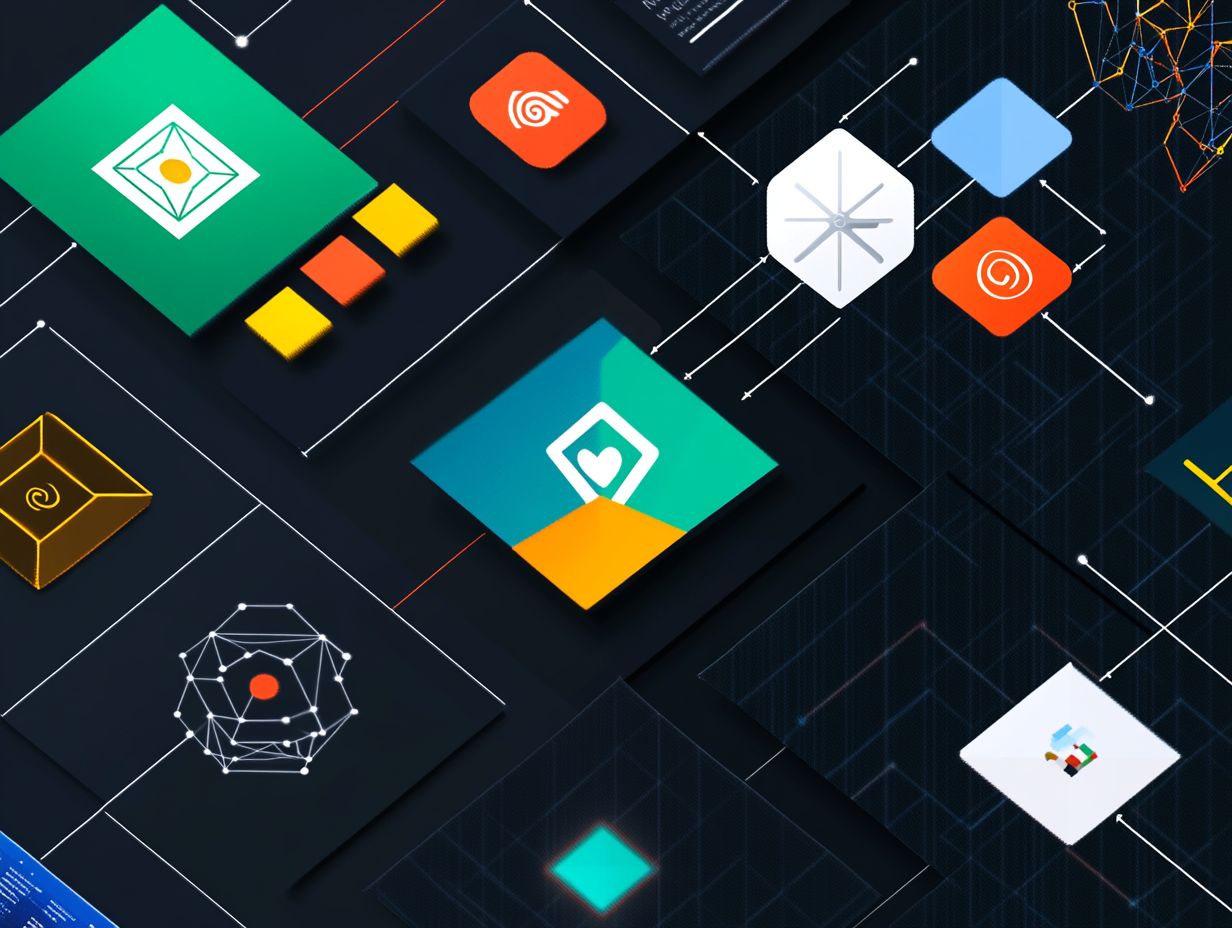
ClickUp is your ultimate all-in-one project management tool. It offers a no-code platform that gives you the power to customize your workflows and adapt effortlessly to various project demands.
This flexibility enables you to create personalized task management systems tailored to your unique requirements.
With mobile optimization at your fingertips, you can access essential project information and collaborate effectively from anywhere. This significantly enhances your productivity and responsiveness.
The platform s advanced project visualization features allow you to effortlessly track progress and pinpoint bottlenecks, fostering a more organized and efficient work environment for you and your team.
7. Teamwork
Teamwork is crafted to elevate your project management experience. It offers complete issue tracking tools that build strong client relationships through transparency and accountability.
This platform streamlines communication and cultivates collaboration among your team members, ensuring that resources are managed with precision across various projects.
By integrating seamlessly with other collaborative tools and platforms, it gives you the power to share real-time data, enhancing stakeholder engagement effortlessly.
This interconnectedness paves the way for superior project tracking, allowing your teams to identify potential challenges early and tackle them proactively.
The outcome? Not only improved oversight but also a more cohesive project environment where every participant is aligned, ultimately driving superior project results.
8. Airtable
Airtable merges the simplicity of a spreadsheet with the power of a thorough project management tool. It delivers data-driven insights and workflow automation tailored to your diverse project needs.
This unique interface streamlines your data organization and fosters an environment where your teams can collaborate effortlessly.
By customizing your bases, you can create project views that align perfectly with your preferences, enhancing communication and transparency across the board.
Airtable’s impressive integration capabilities with popular applications like Slack, Dropbox, and Google Drive facilitate seamless data sharing and task tracking.
This interconnectedness boosts efficiency, making project planning and task management more intuitive. It ultimately leads to improved productivity and greater project success.
9. Jira
Jira is your go-to tool for project management success! It stands as an industry-leading project management tool, expertly designed for agile project management. It empowers your team to efficiently track task dependencies and elevate overall project performance.
With its wide range of features, Jira offers strong issue tracking features, allowing you and your team to effortlessly identify, prioritize, and resolve challenges that may arise during the development process.
The performance metrics provided by Jira enable you to analyze team efficiency and project timelines. This ensures that resources are utilized to their fullest potential.
As a vital component of scalable project management, Jira integrates seamlessly with popular platforms like GitHub and Slack. This integration fosters real-time collaboration and communication among team members, ensuring that all stakeholders remain informed and can swiftly adapt to any changes ultimately contributing to the project s success.
10. Notion
Notion stands out as a versatile digital workspace that elegantly merges project management capabilities with team collaboration tools. This creates a distinctive environment for project management and fosters creativity.
You have the freedom to customize layouts, workflows, and task lists, ensuring that your team’s needs and preferences are met. This makes project management not just effective but genuinely enjoyable.
The true brilliance of Notion lies in its adaptability to various methodologies. Whether your team leans towards Agile, Kanban, or something more traditional, Notion supports various methodologies.
Stay productive while on the go with mobile optimization! Plus, integration with other essential tools like Google Drive and Slack enhances your workflow efficiency, facilitating seamless transitions between tasks and nurturing a cohesive working atmosphere.
With Notion, your team can truly thrive!
What Are Integration Features and Why Are They Important?
Integration features in project management tools are essential for elevating team collaboration and boosting project efficiency. By utilizing the best integration tools for remote project managers, these features facilitate seamless communication between various apps and systems, creating a more cohesive workflow.
With workflow automation significantly enhanced, you can say goodbye to repetitive tasks and hello to optimized time management. Real-time reporting capabilities grant you immediate access to critical project data, enabling you to make informed decisions swiftly.
This means you re better equipped to manage resources and anticipate potential roadblocks. This integration creates a clear environment where everyone is on the same page, enhancing stakeholder management.
By effectively tracking project milestones, you can clearly showcase progress, ensuring that everyone understands their roles and responsibilities. This clarity ultimately contributes to a more successful project outcome.
What Are the Most Common Integration Features in Project Management Tools?
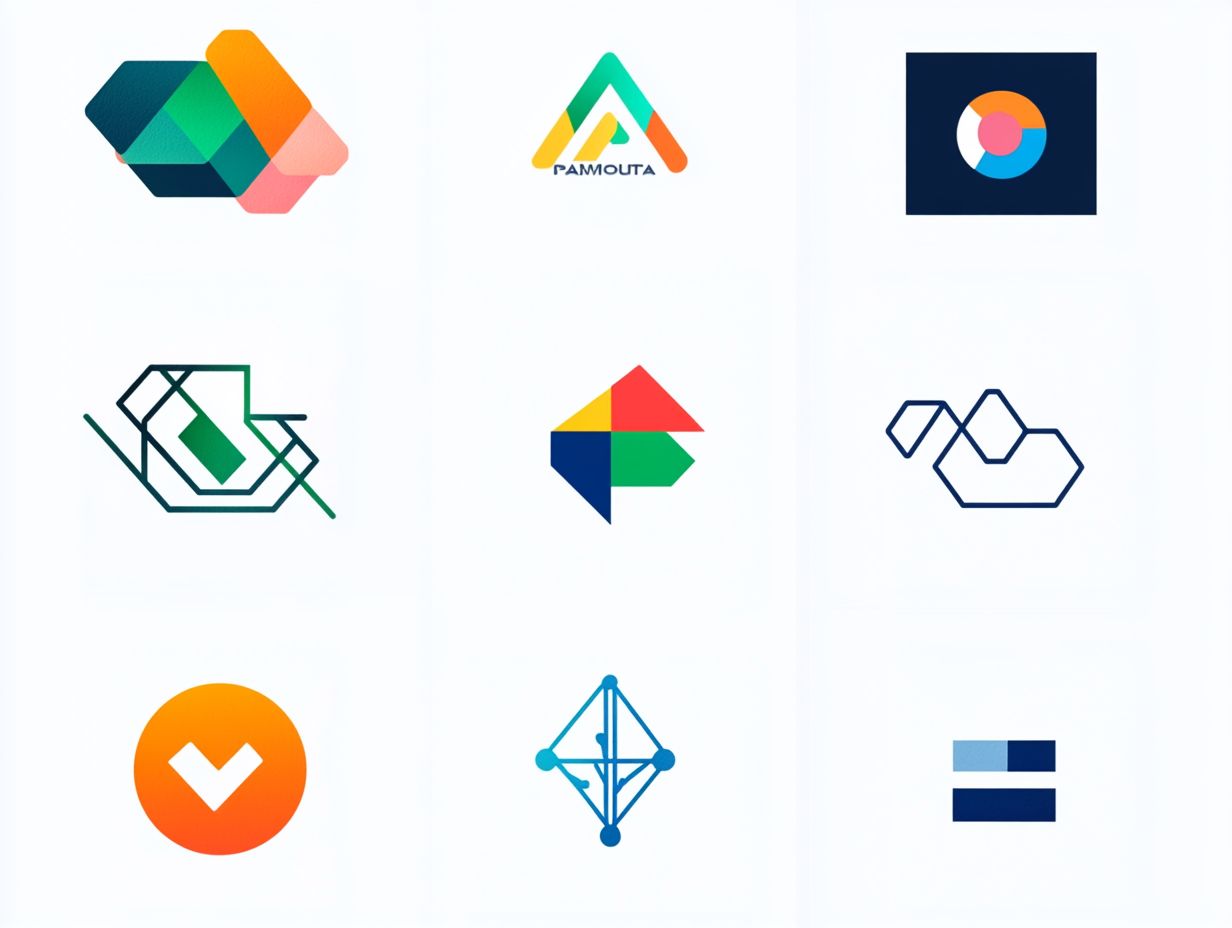
Common integration features in project management tools include cross-platform compatibility with communication tools like Slack and Google Drive, which effortlessly enhance your workflow and collaboration. For a comprehensive overview, check out the best free tools for project management integration.
These integrations not only streamline communication among your team members but also facilitate the seamless sharing of files and updates essential for maintaining transparency in any project.
Many platforms extend their capabilities by integrating with data analytics tools, allowing you to extract actionable insights from project progress and performance metrics.
By leveraging these features, you can engage stakeholders more effectively through real-time updates and data visualization. This ultimately improves decision-making and nurtures a more collaborative environment.
The use of integrations significantly elevates your overall task management experience, highlighting the importance of following best practices for integrating tools in project management to ensure that projects are completed with both efficiency and effectiveness.
How Can Integration Features Improve Team Collaboration and Productivity?
Integration features significantly elevate your team’s collaboration and productivity by automating routine tasks. This ensures that every member remains aligned and informed throughout the project lifecycle.
This automation streamlines your workflows and reduces the likelihood of manual errors, which can lead to costly delays or miscommunication.
As a result, your project outcomes improve in quality, as tasks are executed with greater accuracy and efficiency.
Real-time reporting helps you track progress easily. Stakeholders get crucial insights to make quick and informed decisions.
These enhancements empower your team to meet deadlines and achieve objectives more effectively, ultimately fostering a more productive and responsive work environment.
What Are the Potential Challenges of Using Project Management Tools with Integration Features?
While the integration features in project management tools offer a wealth of benefits, there are also challenges to consider. For instance, understanding the 10 reasons to integrate your project management tools can help you navigate potential scalability issues and compatibility problems with your existing systems.
Additionally, you may find your team grappling with data security issues, particularly when sensitive information is exchanged across various platforms. Onboarding new team members can become daunting, as the myriad of systems may overwhelm them.
To tackle these hurdles, it s essential to adopt strong security measures like encryption (a way to protect information) and regular audits. Creating comprehensive training programs can streamline onboarding, ensuring everyone knows how to use the tools effectively.
By emphasizing clear communication and support, you can enhance team collaboration while simplifying the complexities of integration efforts.
Which Project Management Tools Have the Best Integration Features?
Several project management tools, including ClickUp and Asana, stand out for their exceptional integration features. For those looking to enhance collaboration and productivity within your team, exploring 76 tools for effortless project management integration can provide valuable options.
In today s fast-paced work environment, your ability to connect various applications is essential for boosting workflow efficiency. Tools like Trello and Monday.com also offer remarkable integration capabilities, enabling you to sync your project management tasks with other vital platforms like Slack or Google Drive.
This interconnectedness supercharges your team’s communication, allowing everyone to share updates, files, and feedback effortlessly without disrupting their workflow.
Advanced features such as task assignment, deadline tracking, and real-time updates further streamline your project management processes, ensuring that everyone stays aligned throughout their collaborative efforts.
How Can a Business Choose the Right Project Management Tool with Integration Features?
Choosing the right project management tool with integration features requires careful attention to your business’s unique needs, team dynamics, and existing software ecosystems, especially when considering top CRM tools that integrate with project management.
Start by assessing your performance metrics to clarify what success looks like for your projects. Then, explore user experience through trials or demos, ensuring the selected tool fits seamlessly with your team s workflow and preferences.
Evaluating scalability is also crucial; the ideal solution should grow alongside your business and adapt to changing requirements without disruption.
By following this structured approach, you can select a project management tool that boosts productivity and enhances collaboration among your team members.
Frequently Asked Questions
Q1: What are the top 10 project management tools with integration features?
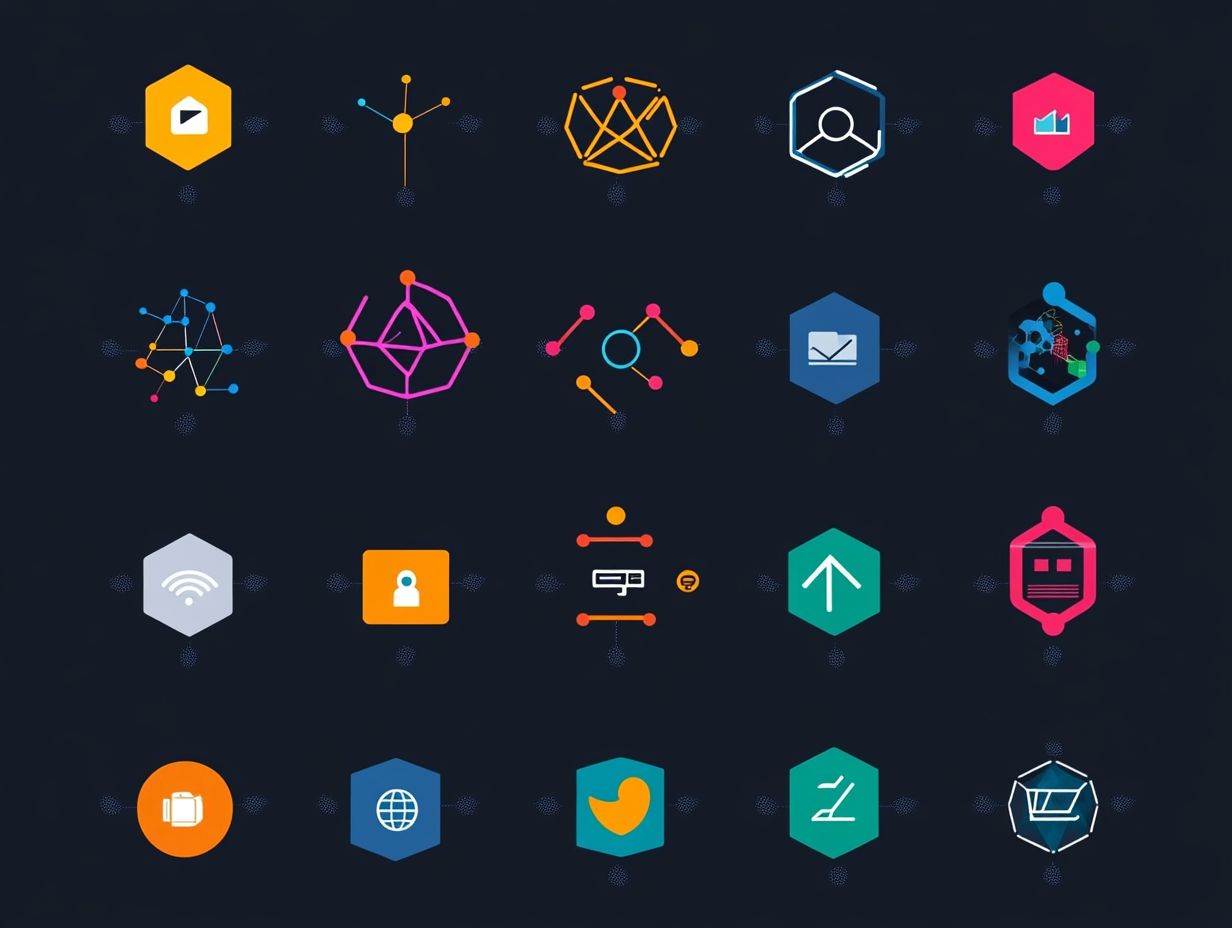
A1: The top 10 project management tools with integration features are Asana, Trello, Monday.com, Basecamp, Wrike, JIRA, Airtable, Smartsheet, ClickUp, and Zoho Projects.
Q2: What is the benefit of using project management tools with integration features?
A2: Project management tools with integration features allow for seamless collaboration and communication between different teams and departments, making it easier to manage projects. Utilizing tools that make project integration easy can significantly increase productivity.
Q3: Can these project management tools be integrated with other software?
A3: Yes! Most of these tools can connect with popular software like Google Suite, Microsoft Office, Slack, and Dropbox. This makes it easier to manage work and keep all project information in one place.
Q4: Are these tools suitable for both small and large teams?
A4: Absolutely! These project management tools fit the needs of both small and large teams. There are various plans and features to match different project sizes and requirements.
Q5: Do these tools offer real-time updates and notifications?
A5: Yes! Most of these tools provide real-time updates and notifications. This ensures that everyone stays informed about any project changes.
A6: Yes, these tools are created to be user-friendly. They have intuitive designs that make it easy for team members to learn and use them efficiently.



